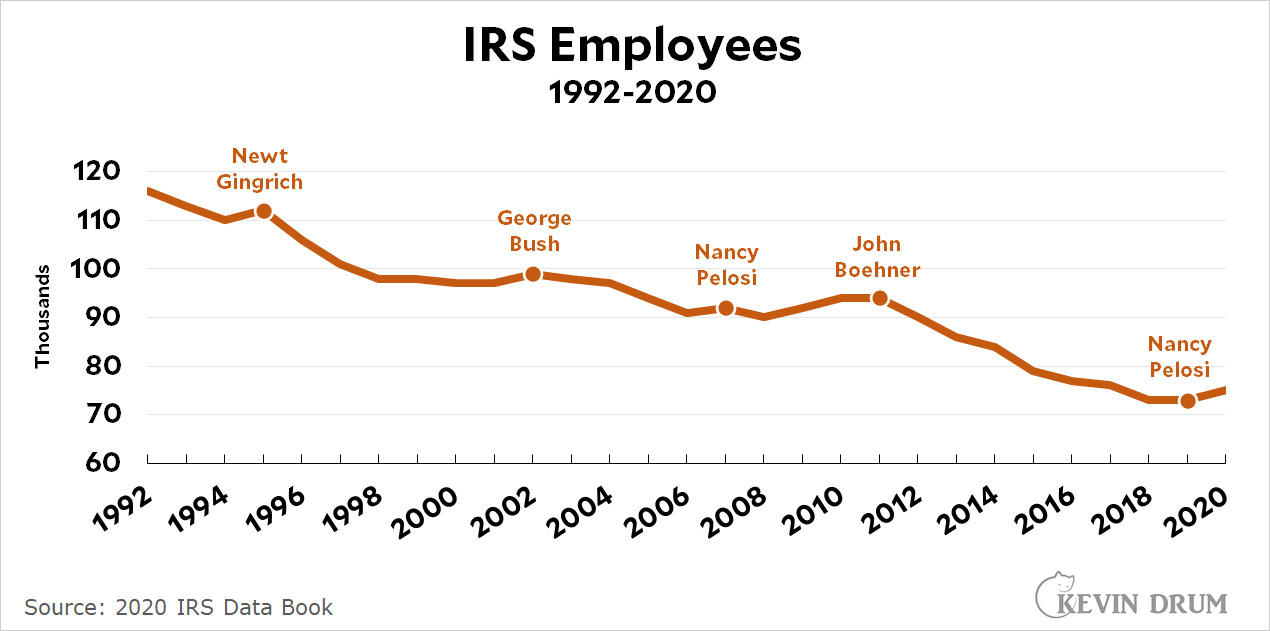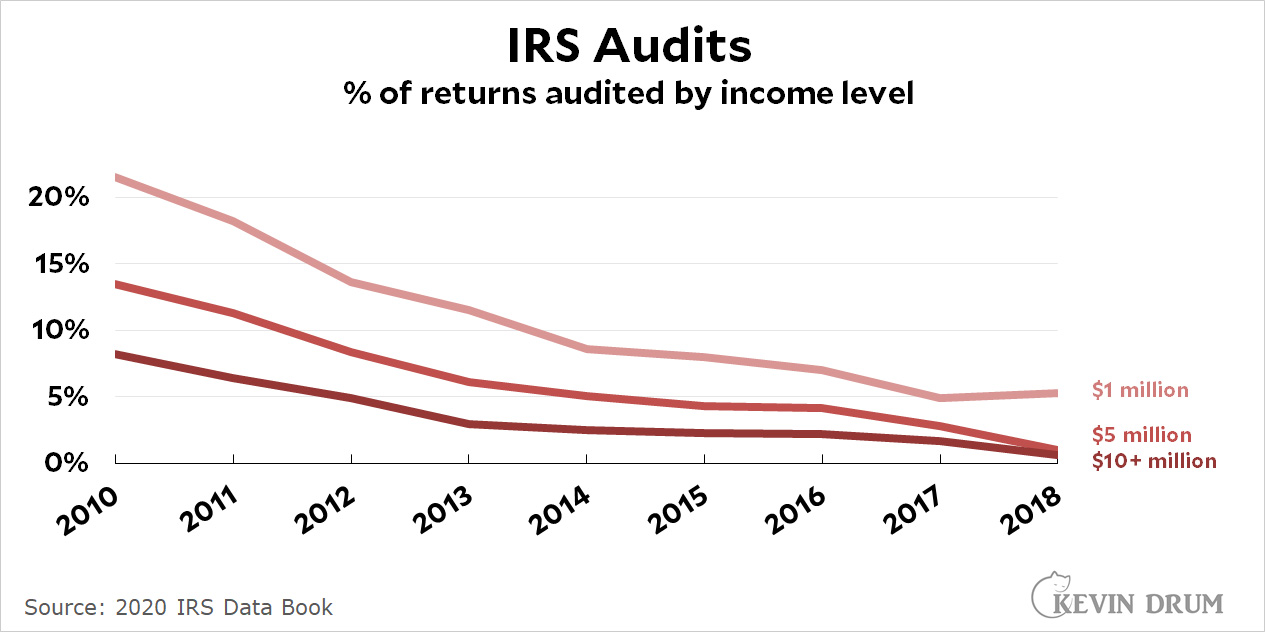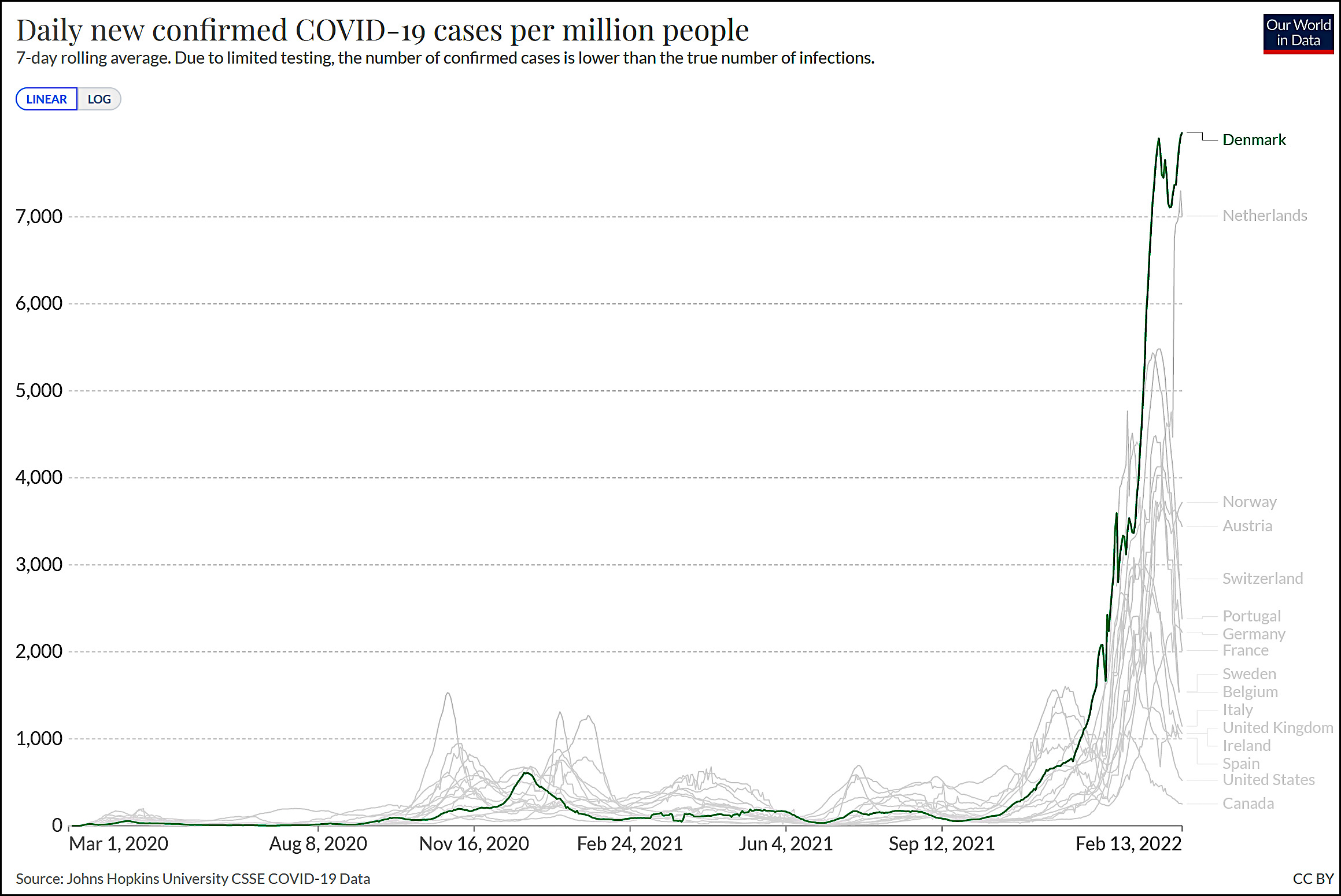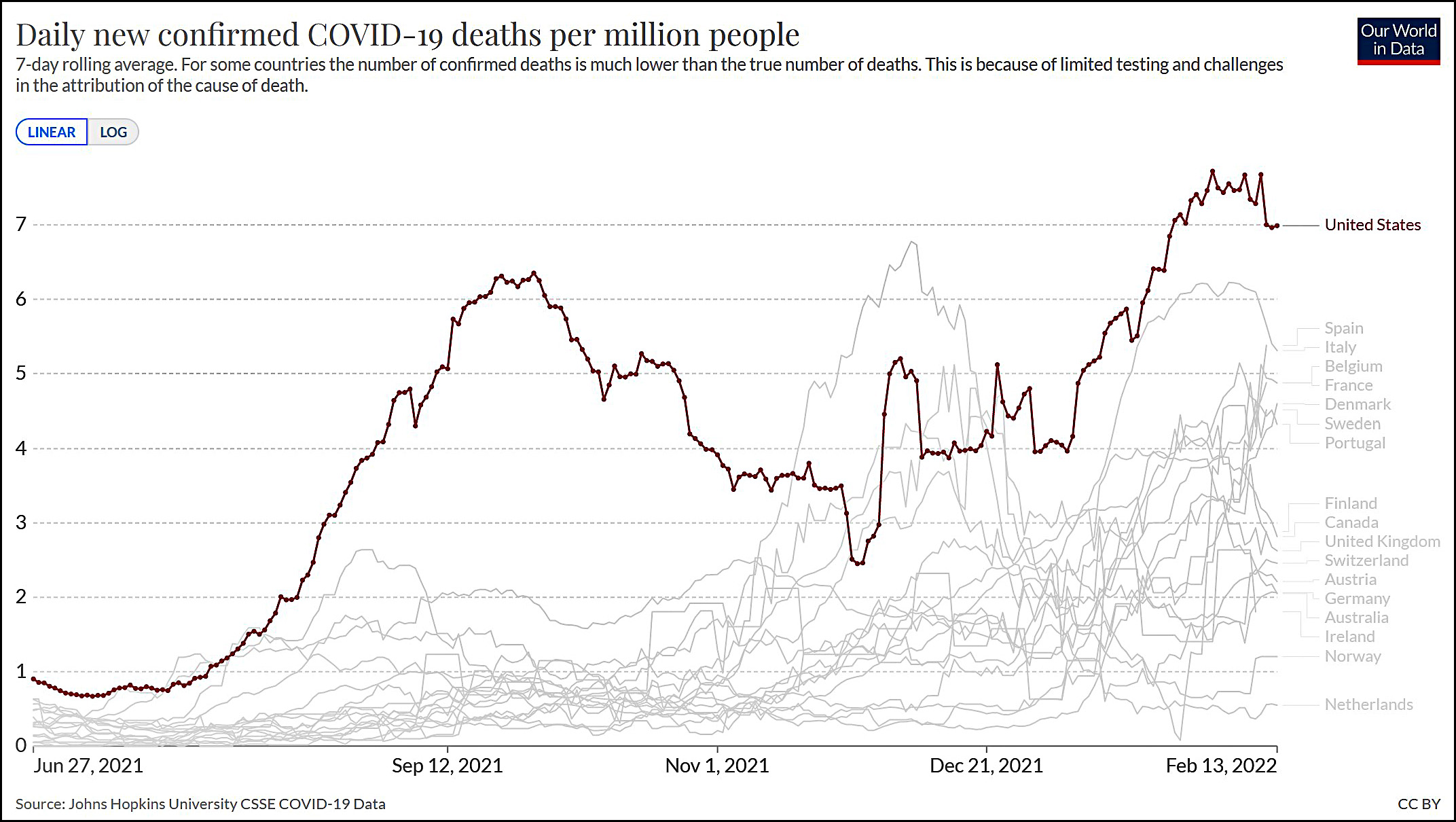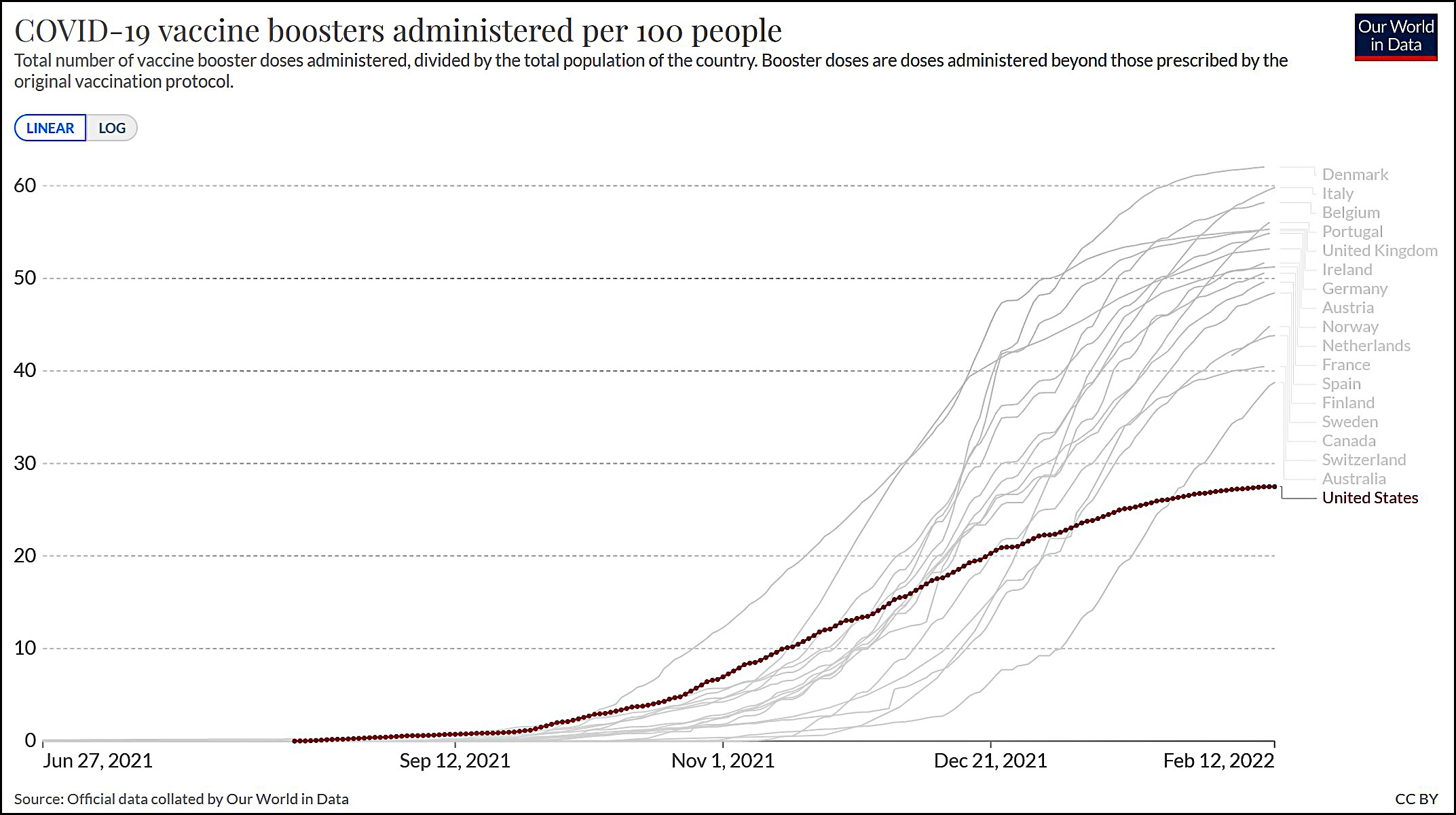A PhD student in Sweden asked a bunch of Swedish economists which concepts they thought ordinary people should understand in order to manage their own affairs better. Here are the results:
 The only concept that got anything like a positive response was opportunity cost. Understanding of interest and marginal concepts got a sort of meh response, and all the others were so low that basically no one thought they were very useful in regular life.
The only concept that got anything like a positive response was opportunity cost. Understanding of interest and marginal concepts got a sort of meh response, and all the others were so low that basically no one thought they were very useful in regular life.
I'm not so sure myself that an understanding of opportunity costs would be very useful. It's one of those things that I suspect most people understand innately. Ditto for interest. Everyone knows that interest means you pay more than the base price for an item in return for the privilege of paying over time. And most common forms of interest—mortgages, credit cards, auto loans—come with pretty understandable descriptions of the gory details. As for marginal concepts, I dunno.
On the flip side, I would have put risk and sunk costs higher. I think there are plenty of people who could benefit from having it hammered into them that higher return always comes with higher risk—which means you really could lose a lot of money.¹ Likewise, people could benefit from taking sunk costs more seriously, although I'm a little curious about what effect that would have in practice.
What else? Apparently not a single Swedish economist mentioned any of the concepts of behavioral economics, which surprises me. I won't try to construct a list, but surely there at least several findings of behavioral economics that many people could benefit from knowing.
¹Although it's true that the people who could benefit from this advice are the least likely to pay attention to it. That's very frequently the case, though, and it shouldn't stop us from trying.


